The Biggest Elephant In The Room
September 25, 2012 in Daily Bulletin, Signature
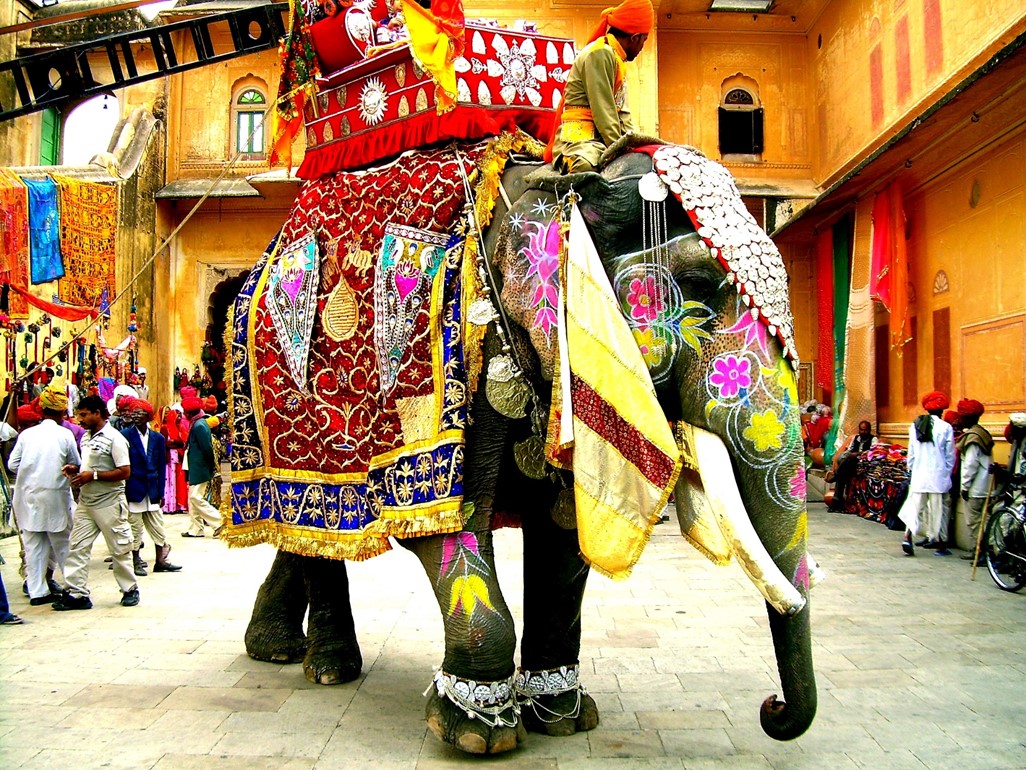
There’s no polite way to say this: India’s elephants are too fat. Siva Parameswaran reported:
- Several temples in India keep elephants for religious ceremonies and customs.
- These elephants have become overweight. One 48-year-old female elephant is 700 kilograms over her natural weight.
- This is because in the wild elephants have a varied diet that includes fruits, flowers, and roots. In captivity they’re fed processed foods such as rice, salt, and sugar.
- Moreover in the wild elephants have to walk long distances to find their food. In the temples it is just given to them.
Read more about how animal rights figure into this and what some are trying to do about it over here.
Source: BBC

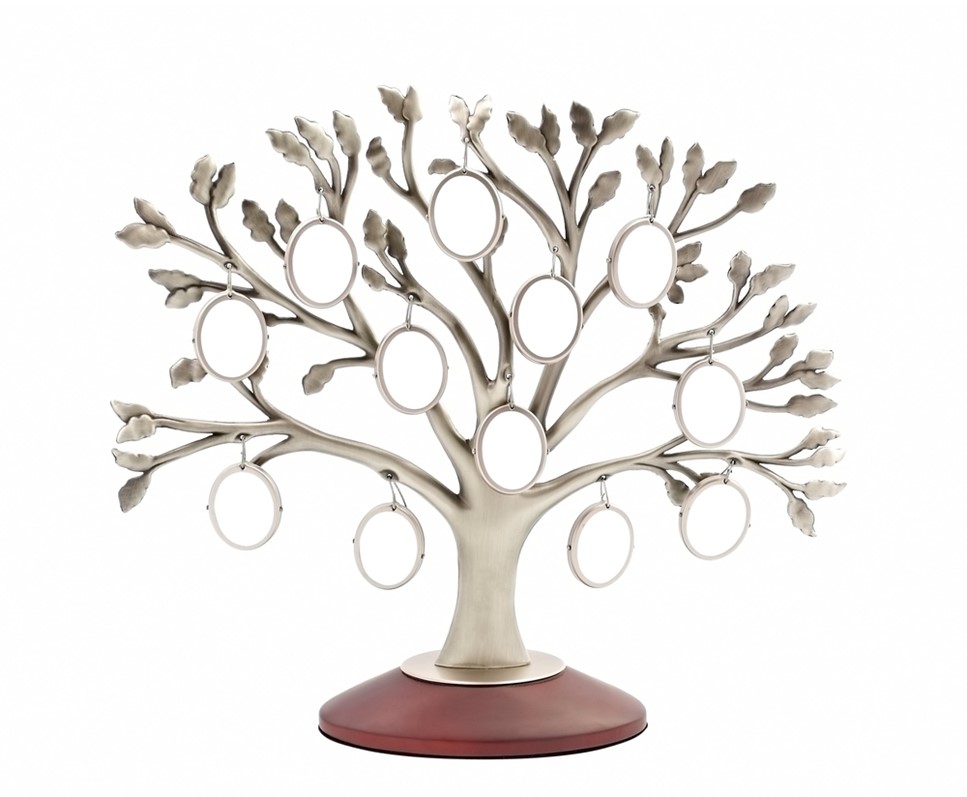
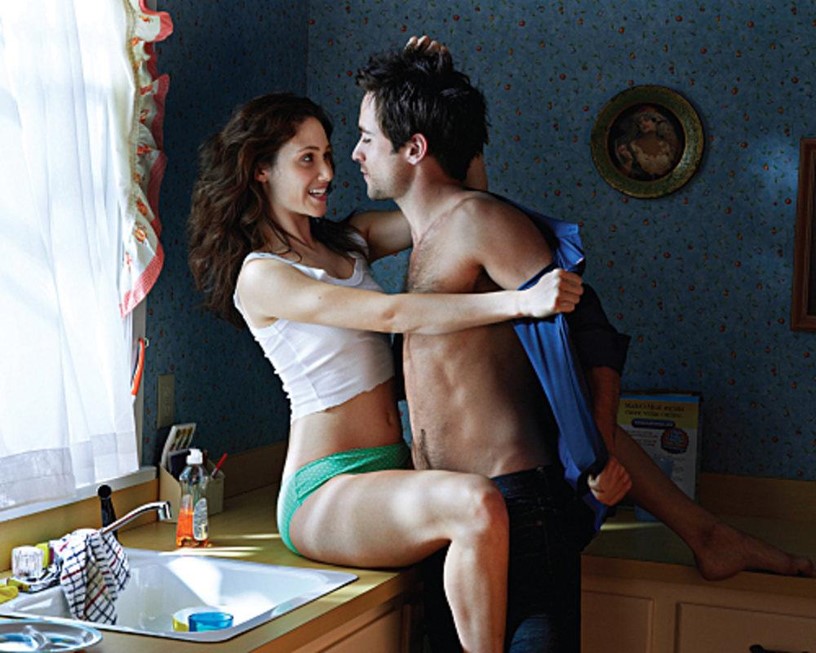
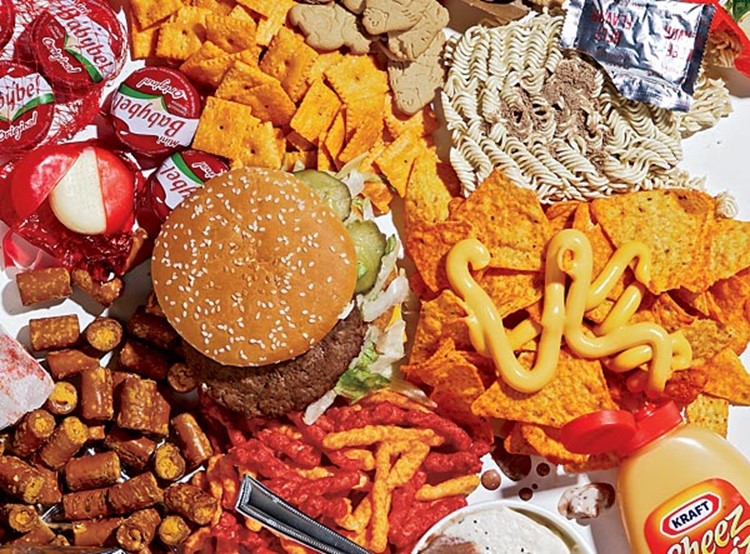
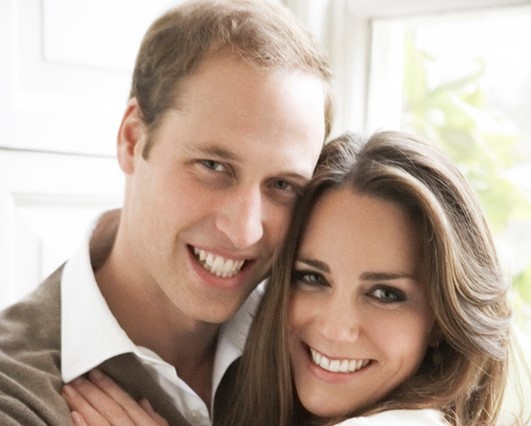
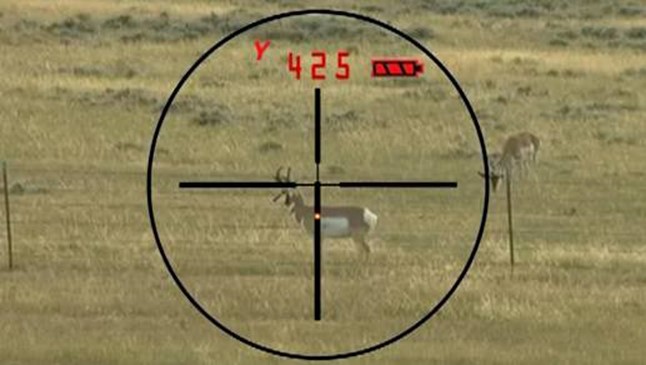


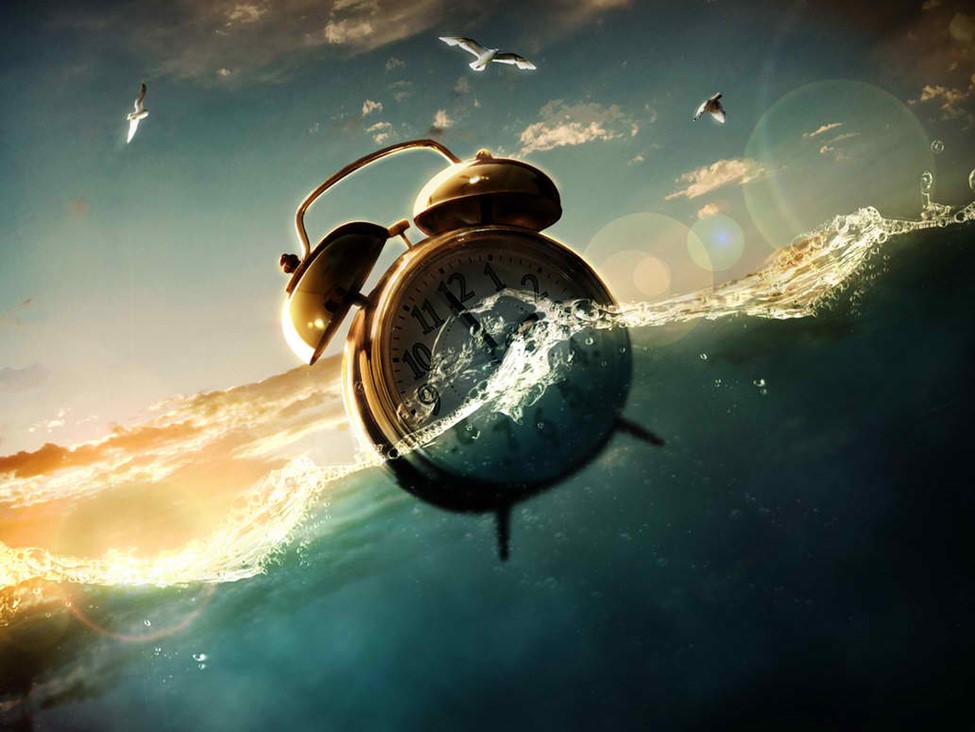
Join the Discussion! (No Signup Required)